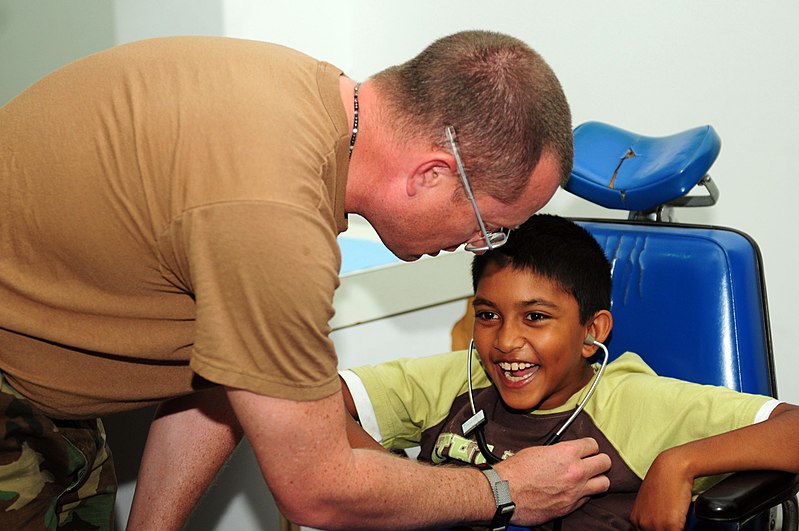Increasing Disability Support in Brazil
 Brazil’s poverty rate was 13.10% in 2020, well above the global average poverty rate of about 9% for the past several years. Among Brazil’s low-income residents, many have physical and mental disabilities. A global survey shows a strong correlation between disability and poverty in low and middle-income countries such as Brazil. Increasing disability support in Brazil is crucial to decreasing its poverty rate.
Brazil’s poverty rate was 13.10% in 2020, well above the global average poverty rate of about 9% for the past several years. Among Brazil’s low-income residents, many have physical and mental disabilities. A global survey shows a strong correlation between disability and poverty in low and middle-income countries such as Brazil. Increasing disability support in Brazil is crucial to decreasing its poverty rate.
Statistics on Disability and Poverty in Brazil
In 2019, the National Survey of Health (PNS) reported that 17.3 million adults and children in Brazil were living with a mental or physical disability. PNS found that nearly half, 8.5 million, were 60 and older. Currently, Brazilian law recognizes disability in those who live with any long-term impairment that hinders full participation in society.
Poor Conditions Found in Institutions
Brazil has been criticized for its poor treatment of people with disabilities. In 2018, the Human Rights Watch released an 83-page report exposing inhumane conditions in institutions for people with disabilities. The report revealed a lack of basic food and hygiene services, neglect, abuse and little to no legal rights for those detained in institutions. The HRW visited eight institutions that forcibly restrained patients and sometimes tied them to their beds. Although the government passed the Brazilian Law for the Inclusion of Persons with Disabilities in 2015, poor treatment of people with disabilities still occurred, as the HRW’s 2018 report shows.
A Need for More Government Support
Article 11 of the disabilities inclusion law states that people with disabilities retain legal rights to refuse medical intervention or forced institutionalization. However, many of these people have little choice. Often, they or their caregivers lack enough financial means for people with disabilities to live independently.
The government offers Benefício de Prestação Continuada (BPC), a monthly social pension for those with disabilities who cannot support themselves. BPC provides 954 Brazilian reals, $259, per month to an individual, but families state that this is not enough. The 2018 HRW report presents testimony from Brazilians calling for more services such as physical therapy and mobility devices.
HRW states that an over-reliance on institutionalization occurs partly because the Brazilian government does not provide enough support for these households. In addition, BPC is not adequate alone: In many cases, people with disabilities did not directly receive their social pension, and HRW found that institution employees had used these pensions without permission.
Increasing Disability Support and Funding
The Brazilian government responded to HRW reports and expanded the BPC program as of March 2020. More people with disabilities became eligible for a monthly pension in the expansion. Actions taken by other countries may also provide some models for supporting people with disabilities. Italy annually recalculates disability benefits based on changes in inflation and cost of living. Japan provides monthly compensation based on disability severity rather than a fixed amount.
Following the HRW’s recommendations, critics call on Brazil to do more for its people with disabilities: to continue expanding BPC, regulate institutions while working toward deinstitutionalization, pass legal reforms that protect autonomy, and develop more community-based services such as health care and inclusive education.
– Luke Sherrill
Photo: Wikimedia Commons
